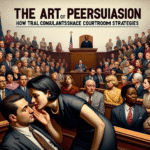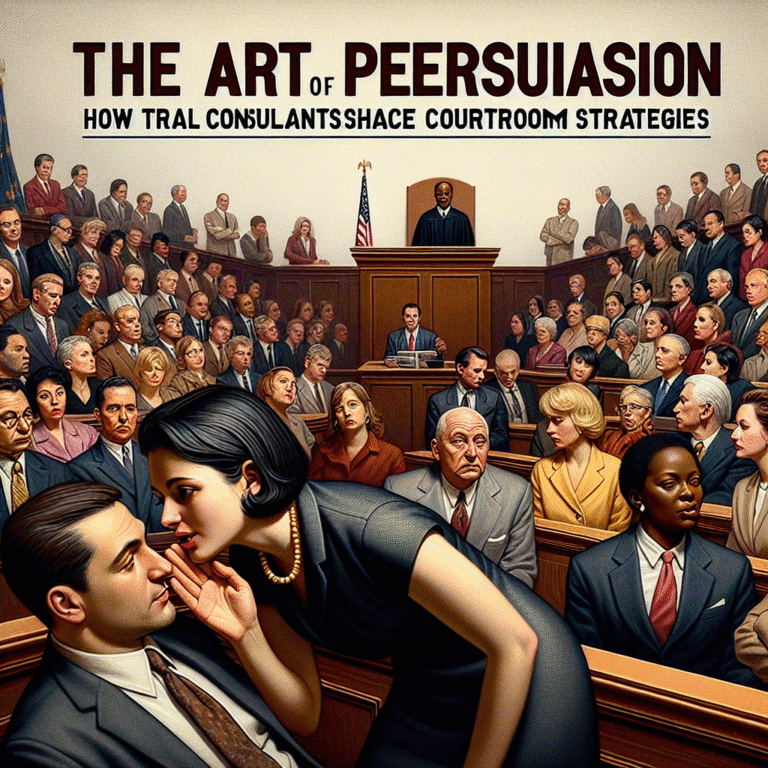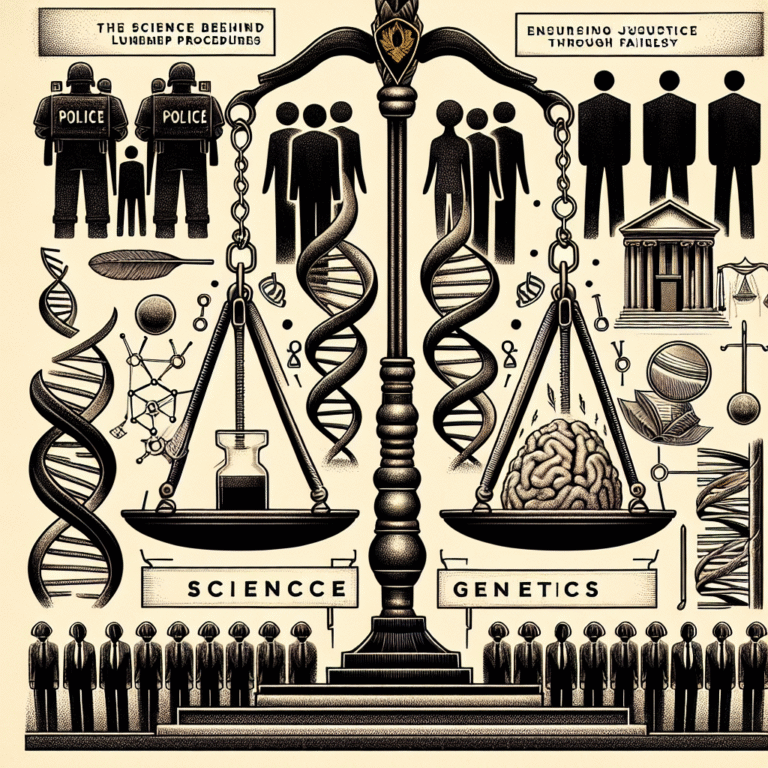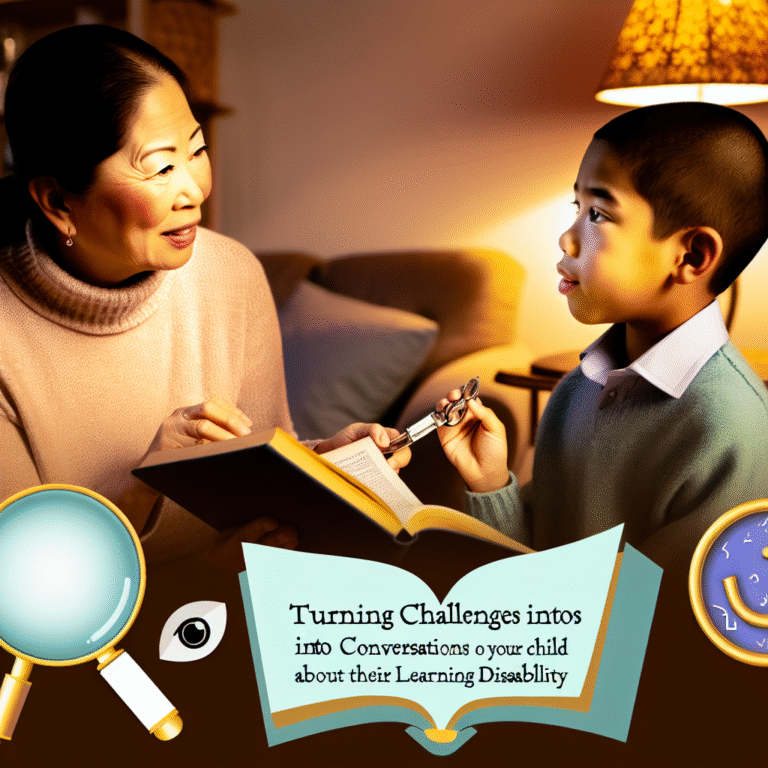
Introduction
Imagine a courtroom filled with tension, a child’s voice breaking the stillness as they recount a traumatic event. The legal significance of their testimony, often regarded as a pivotal element in many cases, raises important questions about the reliability of such accounts. The Eyes of Innocence: Evaluating the Reliability of Child Witness Testimonies explores the complexities surrounding child witnesses and how their innocence, coupled with psychological factors, influences legal outcomes. In a world striving for justice, understanding the nuances of child testimony can mean the difference between right and wrong—between innocence and guilt.
Understanding Child Witness Testimonies
The Psychological Framework
Child witnesses often come into the legal system with malleable memories shaped by their experiences and environments. Research has shown that children process information differently than adults, leading to unique challenges in the courtroom.
Key Factors Influencing Memory
- Age and Development: Younger children may struggle with recall due to their developing cognitive abilities.
- Suggestibility: Children can be easily influenced by leading questions or external suggestions. Studies have shown that a child’s answer can change based on the wording of a question.
- Stress and Emotion: The emotional weight of testifying can distort a child’s memory, impacting their accuracy.
| Table 1: Age-Related Memory Changes in Children | Age Group | Memory Characteristics | Reliability of Testimony |
|---|---|---|---|
| 3-5 years | Limited detail recall; susceptible to suggestion | Low | |
| 6-8 years | Improved recall but still suggestible | Moderate | |
| 9-12 years | More coherent narratives; better memory retention | Higher |
Ethical Considerations
Evaluating child testimonies also brings forth ethical dilemmas. Children are vulnerable, and the legal implications of their words carry significant weight. Legal professionals must balance the need for accurate testimonies against the emotional and psychological wellbeing of the child.
Real-World Case Studies
Exploring real-world cases can elucidate the issues surrounding the reliability of child witness testimonies.
Case Study 1: The McMartin Preschool Trial
The McMartin Preschool trial in the 1980s is infamous for its focus on child testimonies in an alleged abuse scandal. Over 360 children were interviewed, leading to accusations based on suggestive questioning techniques. The result? A lengthy trial that ended without convictions and raised skepticism about the reliability of child testimony.
Analysis
This case underlines the dangers of suggestibility. The varied accounts of the children, influenced by leading interview techniques, ultimately led to a miscarriage of justice, showcasing how the legal system must treat child statements with caution.
Case Study 2: The Wenatchee Child Abuse Case
In contrast, the Wenatchee Child Abuse Case in Washington demonstrated the positive impact of credible child testimonies. Over 40 children provided consistent and corroborative testimonies that led to convictions in multiple cases. Here, the importance of a supportive interviewing environment played a key role.
Analysis
The success of this case illustrates that, when properly elicited, child testimonies can be both credible and significant in legal proceedings. The care taken in interviewing methods set a precedent for best practices in handling child testimonies.
The Importance of Training for Legal Professionals
Legal professionals must be equipped with specialized training on how to conduct interviews with child witnesses effectively. Understanding child psychology is crucial for eliciting reliable and coherent testimonies.
Training Components
- Developmental Psychology: Understanding the stages of child development can help legal professionals tailor their questioning techniques appropriately.
- Interview Techniques: Non-leading, open-ended questioning methods allow children to provide their narratives without influence.
- Emotional Support: Creating a supportive environment can help children feel safe, allowing for more reliable testimonies.
The Role of Technology
Modern technology also plays a role in evaluating the reliability of child testimonies. Advanced recording techniques and software can capture interviews, allowing for analysis that wasn’t previously possible.
Benefits of Technological Integration
- Objective Evidence: Recorded testimonies provide an unbiased account of what was said, allowing for review and analysis.
- Consistency Checking: Analysis of responses can uncover inconsistencies, bolstering or undermining the reliability of testimonies.
Summarizing the Challenges
While child witnesses can offer valuable insights, their testimonies come with complexities. Legal professionals must navigate these challenges while prioritizing the child’s welfare. Child testimonies can illuminate truths, but they also require careful handling to ensure that justice is served.
Conclusion: Empowering Young Voices
In the realm of justice, The Eyes of Innocence: Evaluating the Reliability of Child Witness Testimonies shines a light on the delicate balance between protecting vulnerable witnesses and pursuing truth. Through proper training, ethical practices, and a commitment to understanding child psychology, we can empower even the youngest voices to participate meaningfully in the legal process.
Actionable Insights
- Advocate for training programs for legal professionals focused on interviewing child witnesses.
- Support reforms that emphasize child welfare in legal proceedings.
- Promote awareness around the psychological impact of testifying on children.
FAQs
1. Why are child testimonies considered less reliable than adult testimonies?
Child testimonies are often seen as less reliable due to cognitive development differences, emotional vulnerability, and suggestibility.
2. What techniques can improve the reliability of child witness testimonies?
Using non-leading, open-ended questions in a supportive environment has been shown to yield more reliable testimonies.
3. How does emotional stress affect a child’s testimony?
Emotional stress can distort a child’s memory, making it difficult for them to recall events accurately.
4. Are there legal frameworks that protect child witnesses?
Yes, many jurisdictions have established legal protections to ensure that the rights and well-being of child witnesses are prioritized during trials.
5. Can technology assist in the evaluation of child testimonies?
Absolutely. Video recordings of interviews can be analyzed for consistency and credibility, providing a more objective view of the testimony.
By embracing these insights, society can better navigate the intricacies of child witness testimonies—honoring their innocence while ensuring that justice prevails.















